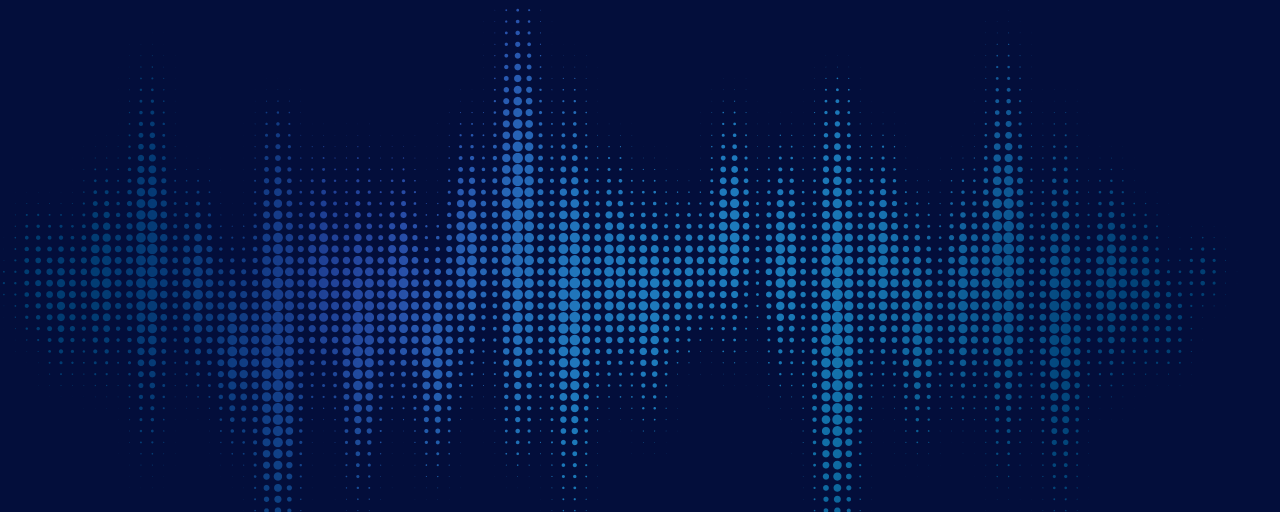Precision reporting for proactive care
BeatLogic is the suite of artificial intelligence (AI) algorithms that make up the Boston Scientific Cardiac Diagnostics cloud-based ECG analysis platform. It leverages AI to automate ECG interpretation, enabling technicians to quickly deliver accurate reports and critical notifications. Developed using 125,000+ patient records and 7.5+ million ECG records, BeatLogic applies multiple specialized deep-learning models to detect and classify 34 distinct arrythmias with precision.1
From urgent arrhythmia detection to waveform segmentation, BeatLogic delivers timely, accurate reports and critical notifications to help inform therapy decisions and care pathways.

